Home>Articles>How Long Does It Take For Air Purifier To Work
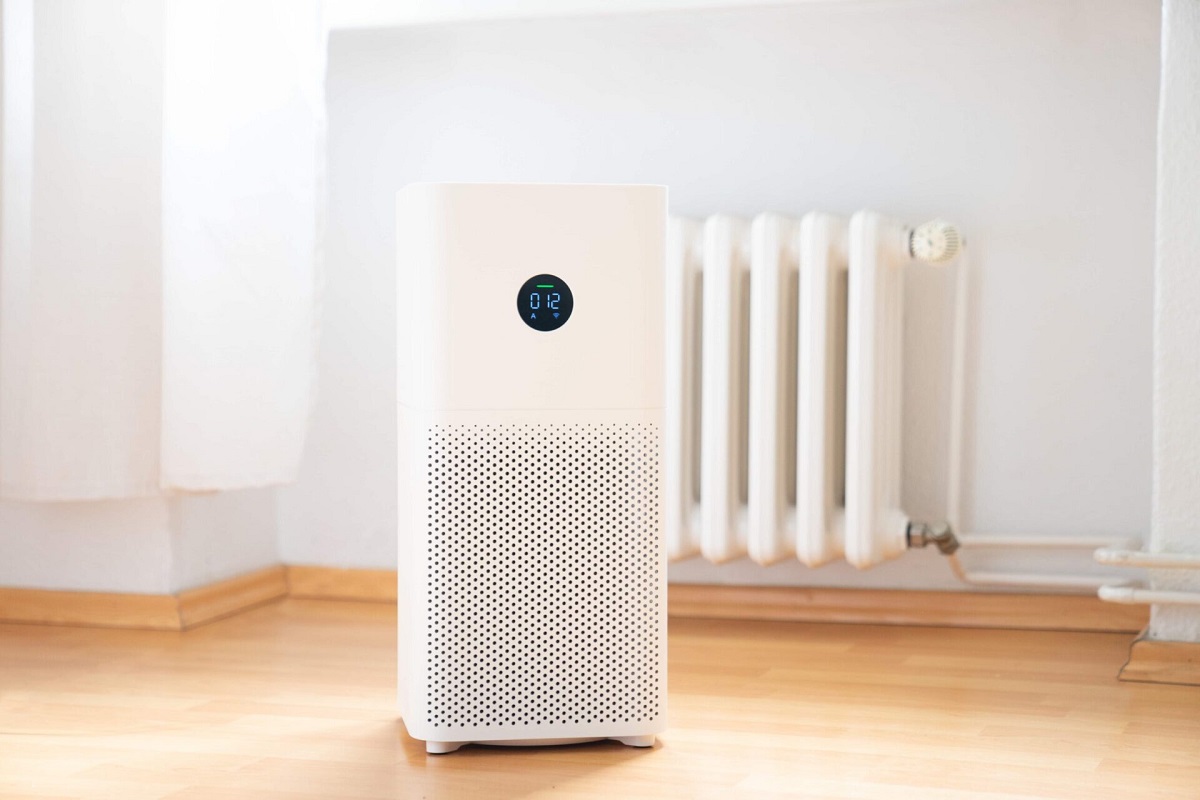

Articles
How Long Does It Take For Air Purifier To Work
Modified: October 28, 2024
Discover how long it takes for an air purifier to work. Read articles about the effectiveness and timeline for air purifiers' impact on indoor air quality.
(Many of the links in this article redirect to a specific reviewed product. Your purchase of these products through affiliate links helps to generate commission for Storables.com, at no extra cost. Learn more)
Introduction
Welcome to the world of air purification! As concerns about air quality continue to grow, more and more people are turning to air purifiers as a solution. But how long does it take for an air purifier to work? In this article, we will delve into the factors that affect air purification speed and discuss the short-term and long-term benefits of using an air purifier.
An air purifier is a device that helps remove pollutants from the air, improving indoor air quality. These pollutants can include dust, pollen, pet dander, mold spores, odors, and even harmful chemicals. Air purifiers work by either trapping the pollutants in filters or by using technologies like ionization or activated carbon to neutralize them.
The speed at which an air purifier works depends on several factors. One important factor is the size of the room in which the purifier is being used. A larger room will require more time for the air purifier to circulate and effectively clean the air. Additionally, the type of pollutants present in the air can affect the purification speed. Airborne particles like dust and pollen can be removed relatively quickly, while odors or chemicals may take longer to neutralize.
Testing the timeframe for an air purifier to work can be challenging, as it depends on various variables. However, manufacturers often provide an estimated CADR (Clean Air Delivery Rate) for their devices. CADR measures the volume of clean air produced by the purifier in a specific period. This information can be helpful in understanding how quickly an air purifier can improve air quality.
Key Takeaways:
- Air purifiers provide immediate relief by delivering cleaner air, reducing allergy symptoms, eliminating odors, and improving sleep quality, ultimately enhancing overall well-being in the short term.
- Long-term use of air purifiers leads to improved respiratory health, reduced cardiovascular risks, cleaner living environments, and enhanced overall well-being, making them a valuable investment for a healthier indoor environment.
Read more: How Does Air Purifier Work
Understanding the Air Purifier
Before diving into how long it takes for an air purifier to work, let’s take a closer look at how these devices function. Air purifiers typically consist of several key components that work together to clean the air.
The first component is the filter. Filters are designed to capture airborne particles as they pass through the purifier. The most common type of filter is a High Efficiency Particulate Air (HEPA) filter, which can trap particles as small as 0.3 microns with a high efficiency rate. This includes dust, pollen, pet dander, and other allergens. Some purifiers also utilize activated carbon filters, which are effective at absorbing odors and chemicals.
The second component is the fan. The fan helps to draw air into the purifier and circulate it through the filter. The speed and power of the fan can determine how quickly the air in the room is cleaned. Higher fan speeds can provide faster purification, but they may also generate more noise.
In addition to filters and fans, many air purifiers utilize advanced technologies to enhance their performance. For example, some purifiers use ionization to charge particles in the air, causing them to stick to surfaces or attach to an oppositely charged collecting plate. Others may incorporate ultraviolet (UV) light, which can help kill bacteria and viruses in the air.
It’s important to note that not all air purifiers are created equal. The effectiveness of an air purifier depends on its design, the quality of its filters, and the technologies it employs. When shopping for an air purifier, look for one that is certified by reputable organizations like the Association of Home Appliance Manufacturers (AHAM) and the Environmental Protection Agency (EPA).
Factors Affecting Air Purification Speed
Several factors can impact the speed at which an air purifier works. Understanding these factors can help you manage your expectations and make informed decisions when choosing an air purifier for your needs.
The first factor is the size of the room. Air purifiers are designed to clean the air in a specific square footage of space. If the purifier is too small for the room, it may not be able to effectively clean the air or do so in a timely manner. On the other hand, if the purifier is too large for the room, it may cycle the air too quickly, resulting in less thorough purification. Be sure to check the recommended room size for the air purifier you are considering.
The second factor to consider is the pollutant level in the air. If the air contains a high concentration of pollutants, such as during a renovation or if you have pets, it may take longer for the air purifier to clean the air effectively. Additionally, certain pollutants, like volatile organic compounds (VOCs) from cleaning products or chemicals, may require specific air purifier technologies to address them. Activated carbon filters or purifiers with UV light can help in these cases.
The third factor is the air purifier’s fan speed. Most air purifiers offer multiple fan speeds, allowing you to adjust the purification speed based on your needs. Higher fan speeds can lead to faster purification, but they may also generate more noise. It’s important to find a balance between purification speed and noise level that is suitable for your environment.
Last but not least, regularly maintaining and replacing the filters in your air purifier is crucial for optimal purification speed. Over time, filters can become clogged with particles, reducing their effectiveness. Refer to the manufacturer’s instructions on how often to clean or replace the filters. Keeping the filters clean and in good condition ensures the air purifier can work efficiently.
By considering these factors, you can choose an air purifier that is appropriate for the size of your room, equipped to handle the pollutants you are targeting, and capable of providing the desired purification speed.
Testing Timeframe
When it comes to determining the exact timeframe for an air purifier to work, it can be challenging to provide a definitive answer. The time it takes for an air purifier to clean the air in a room depends on various factors, including the size of the room, the pollutant level, and the air purifier’s specifications.
Manufacturers often provide an estimated Clean Air Delivery Rate (CADR) for their air purifiers. CADR measures the volume of clean air produced by the purifier in a specific amount of time. The CADR rating is typically given for three types of pollutants: smoke, dust, and pollen. For example, a CADR rating of 200 for smoke means that the air purifier is capable of removing 200 cubic feet of smoke particles per minute.
However, it’s important to note that CADR is an estimate and may not represent real-world conditions in every scenario. Factors such as the pollutant concentration, the air flow patterns in the room, and the placement of the air purifier can all affect the purification speed.
To get a better understanding of how long it may take for an air purifier to work in your specific environment, you can consider conducting your own testing. Place the air purifier in the room you want to clean, and monitor the air quality over a period of time. This can be done using air quality monitors or by simply observing any improvements in respiratory symptoms or pet allergens. Keep track of how long it takes for noticeable improvements to occur.
It’s important to remember that air purification is an ongoing process. Even after the initial purification, pollutants can re-enter the room through everyday activities like cooking, cleaning, and outdoor air infiltration. Regular use of the air purifier will help maintain clean air quality in the long run.
Ultimately, the testing timeframe will vary depending on the specific circumstances and the air purifier’s efficiency. It’s recommended to consult the manufacturer’s guidelines and consider the estimated CADR rating when selecting an air purifier for your needs.
Air purifiers can start improving air quality within a few hours, but it may take up to 48 hours to see significant results, depending on the size of the room and the purifier’s efficiency. Regular maintenance and proper placement can also impact its effectiveness.
Short-Term Effects of Using an Air Purifier
Using an air purifier can provide immediate benefits to your indoor air quality and overall well-being. Here are some of the short-term effects you may experience when using an air purifier:
- Cleaner and fresher air: One of the first things you’ll notice when using an air purifier is the improvement in air quality. It helps to remove airborne pollutants such as dust, pollen, pet dander, and odors, leaving you with cleaner and fresher air to breathe.
- Allergy and asthma relief: If you suffer from allergies or asthma, you’ll likely experience relief when using an air purifier. It can effectively capture and remove allergens and irritants from the air, reducing your exposure and minimizing symptoms like sneezing, coughing, and wheezing.
- Reduced odors: Air purifiers equipped with activated carbon filters can help eliminate unpleasant odors from cooking, pets, smoke, and other sources. This can significantly improve the smell and overall indoor environment of your home or office.
- Better sleep quality: Breathing cleaner air can lead to improved sleep quality. By removing airborne particles that can trigger allergies or contribute to respiratory disturbances, an air purifier can create a more conducive environment for a restful night’s sleep.
- Improved focus and productivity: When the air is free of pollutants, you may notice improved concentration, focus, and overall productivity. Clean air can help reduce fatigue and provide a healthier and more comfortable workspace.
It’s important to note that while air purifiers can provide short-term relief, they are not a cure-all solution. They are most effective when used in conjunction with other good indoor air quality practices, such as regular cleaning, proper ventilation, and minimizing the use of harmful chemicals.
Additionally, the specific benefits you experience may vary depending on the quality and effectiveness of the air purifier, as well as the specific pollutants present in your environment. Choosing a high-quality air purifier and regularly maintaining it can maximize the short-term benefits you receive.
Read more: How Long Does It Take A Humidifier To Work
Long-Term Benefits of Air Purification
While air purifiers can provide immediate relief and improve the quality of the air you breathe in the short term, they also offer numerous long-term benefits. Here are some of the long-term benefits you can expect from using an air purifier:
- Improved respiratory health: With regular use of an air purifier, you can experience long-term improvements in your respiratory health. By removing airborne pollutants, irritants, and allergens, an air purifier can help to reduce the risk of respiratory infections, allergies, and asthma symptoms. It can also benefit individuals with chronic respiratory conditions such as chronic obstructive pulmonary disease (COPD).
- Cleaner living environment: Air purifiers not only clean the air but also help to reduce the overall dust and particulate matter in your living environment. This can result in cleaner surfaces, fewer dust mites, and less indoor pollution. It can also minimize the need for frequent dusting and cleaning.
- Elimination of odors and chemicals: Air purifiers equipped with activated carbon filters can effectively remove odors and volatile organic compounds (VOCs) from the air. This can lead to a healthier and more pleasant living environment, especially for individuals with sensitivities to certain smells or chemicals.
- Reduced risk of cardiovascular problems: Long-term exposure to air pollution can have detrimental effects on cardiovascular health. By reducing the levels of pollutants in your indoor air, an air purifier can help to lower the risk of heart disease, stroke, and other cardiovascular problems.
- Enhanced overall well-being: Breathing clean air can have a profound impact on your overall well-being. It can boost your energy levels, improve your mood, and help you feel more refreshed and rejuvenated. Long-term exposure to air pollution, on the other hand, can lead to fatigue, irritability, and a decreased quality of life.
It’s important to note that the long-term benefits of air purification are cumulative and depend on consistent usage of the air purifier. Regular maintenance, such as cleaning or replacing filters as recommended by the manufacturer, ensures optimal performance and prolongs the lifespan of the device.
Overall, investing in an air purifier can provide you with both short-term and long-term benefits, contributing to a healthier and more comfortable living environment for you and your family.
Choosing the Right Air Purifier for Your Needs
With a wide variety of air purifiers available on the market, it can be overwhelming to choose the right one for your specific needs. Here are some factors to consider when selecting an air purifier:
- Identify your specific concerns: Determine the main pollutants you want to target with an air purifier. Are you primarily concerned about allergens like dust, pollen, and pet dander? Or do you also need to address odors, chemicals, or smoke? Understanding your specific concerns will help you select an air purifier with the appropriate features and technologies.
- Consider the room size: Air purifiers are designed to cover specific room sizes. It’s important to choose a purifier that is appropriate for the square footage of the room you plan to use it in. Look for the manufacturer’s recommended room size or CADR rating to ensure optimal performance.
- Filter efficiency: Pay attention to the type and efficiency of the filters used in the air purifier. A High Efficiency Particulate Air (HEPA) filter is highly recommended as it can capture particles as small as 0.3 microns with a high efficiency rate. Additionally, some air purifiers may include activated carbon filters for odor and chemical removal, or UV-C light for killing bacteria and viruses.
- Noise level: Consider the noise level generated by the air purifier, especially if you plan to use it in bedrooms, offices, or other quiet spaces. Look for models that offer multiple fan speeds, including a low-speed option for quiet operation during sleep or focused work.
- Energy efficiency: Check the energy consumption of the air purifier. Look for models that are Energy Star certified, as they are designed to be energy-efficient and can save you money on electricity bills in the long run.
- Additional features: Some air purifiers may come with additional features such as air quality sensors, programmable timers, remote controls, or smart capabilities. Consider whether these features are important to you and align with your preferences and lifestyle.
- Read reviews and ratings: Do your research and read reviews from reputable sources or customers to gain insights into the performance, durability, and user experience of different air purifier models. This can help you make a more informed decision.
Remember to follow the manufacturer’s guidelines for maintenance, including regular filter cleaning or replacement, to ensure optimal performance and longevity of your air purifier.
By considering these factors and aligning them with your specific needs, you can choose an air purifier that is best suited to improve your indoor air quality and create a healthier living environment for you and your loved ones.
Conclusion
Air purification is a crucial aspect of maintaining a healthy and comfortable living environment. Air purifiers serve as valuable tools in removing airborne pollutants, allergens, odors, and chemicals, providing numerous short-term and long-term benefits.
While the exact timeframe for an air purifier to work may vary based on factors such as room size, pollutant level, and purifier specifications, they can provide immediate relief by delivering cleaner and fresher air. Allergy and asthma sufferers can experience reduced symptoms, and odors can be eliminated, leading to improved sleep quality and heightened focus and productivity.
The long-term benefits of air purification are equally significant. By regularly using an air purifier, you can enjoy improved respiratory health, reduced risk of cardiovascular problems, and a cleaner living environment. Clean air contributes to enhanced overall well-being and a higher quality of life.
When selecting an air purifier, it’s important to consider factors such as your specific concerns, the room size, the filter efficiency, noise level, energy efficiency, additional features, and customer reviews. By making an informed decision and choosing the right air purifier for your needs, you can optimize the benefits and create a healthier indoor environment.
Remember to maintain and clean your air purifier regularly, following the manufacturer’s guidelines. This will ensure its efficiency and prolong its lifespan, allowing you to continue enjoying the long-term advantages of purified air.
In conclusion, investing in an air purifier is a worthwhile decision to improve your indoor air quality and promote a healthier and more comfortable living space. Breathe easy and experience the positive impacts of clean air on your overall well-being.
Frequently Asked Questions about How Long Does It Take For Air Purifier To Work
Was this page helpful?
At Storables.com, we guarantee accurate and reliable information. Our content, validated by Expert Board Contributors, is crafted following stringent Editorial Policies. We're committed to providing you with well-researched, expert-backed insights for all your informational needs.
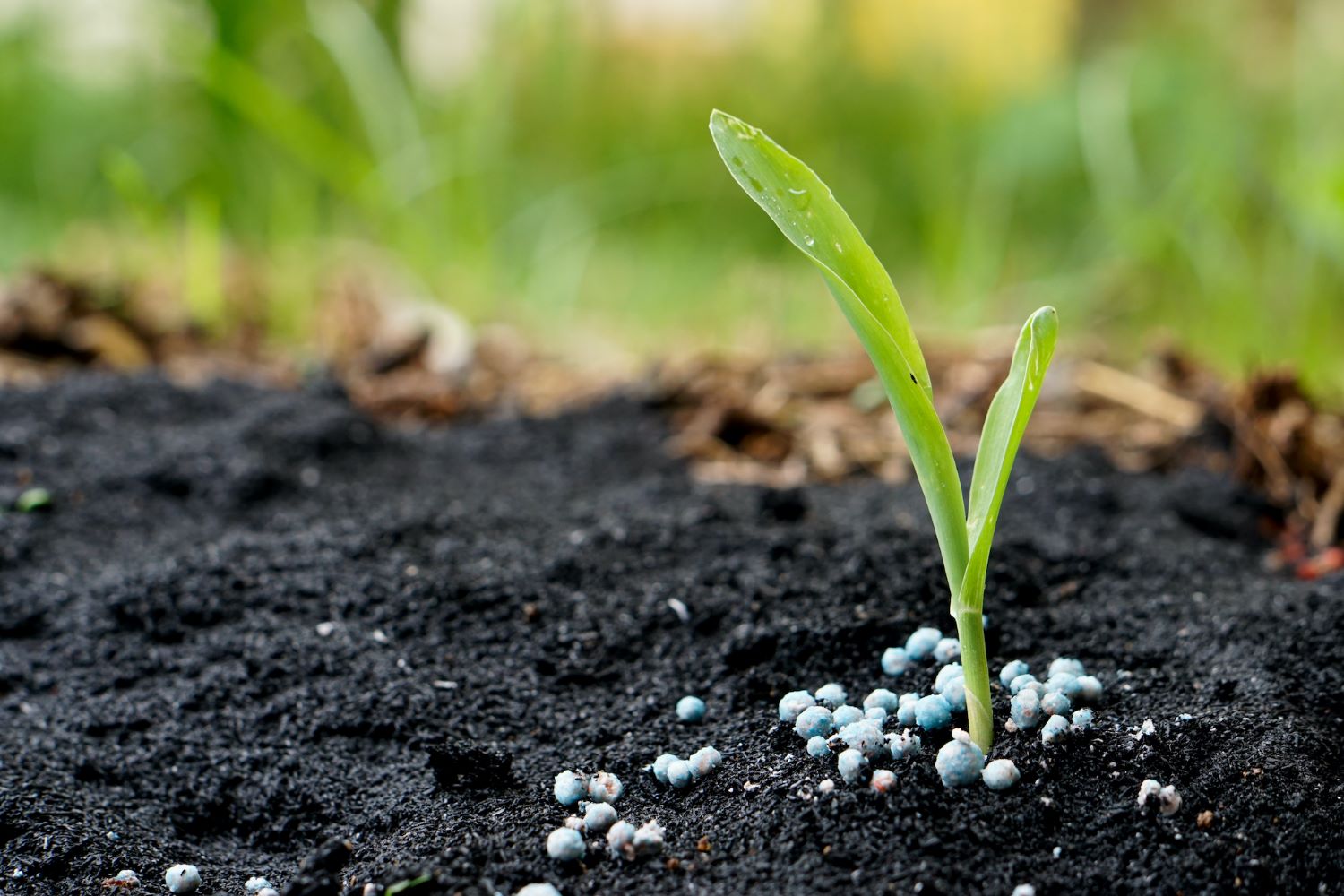
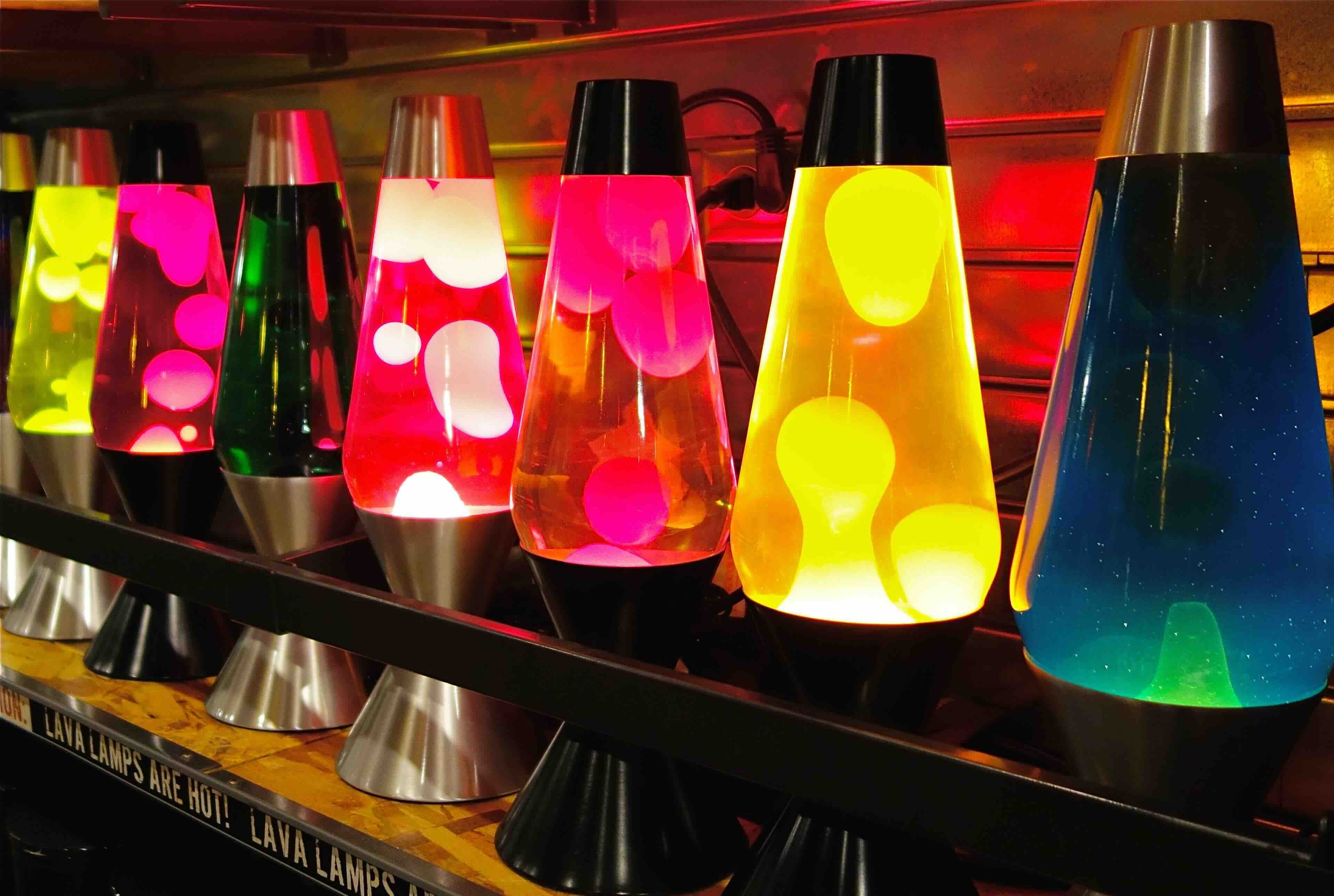
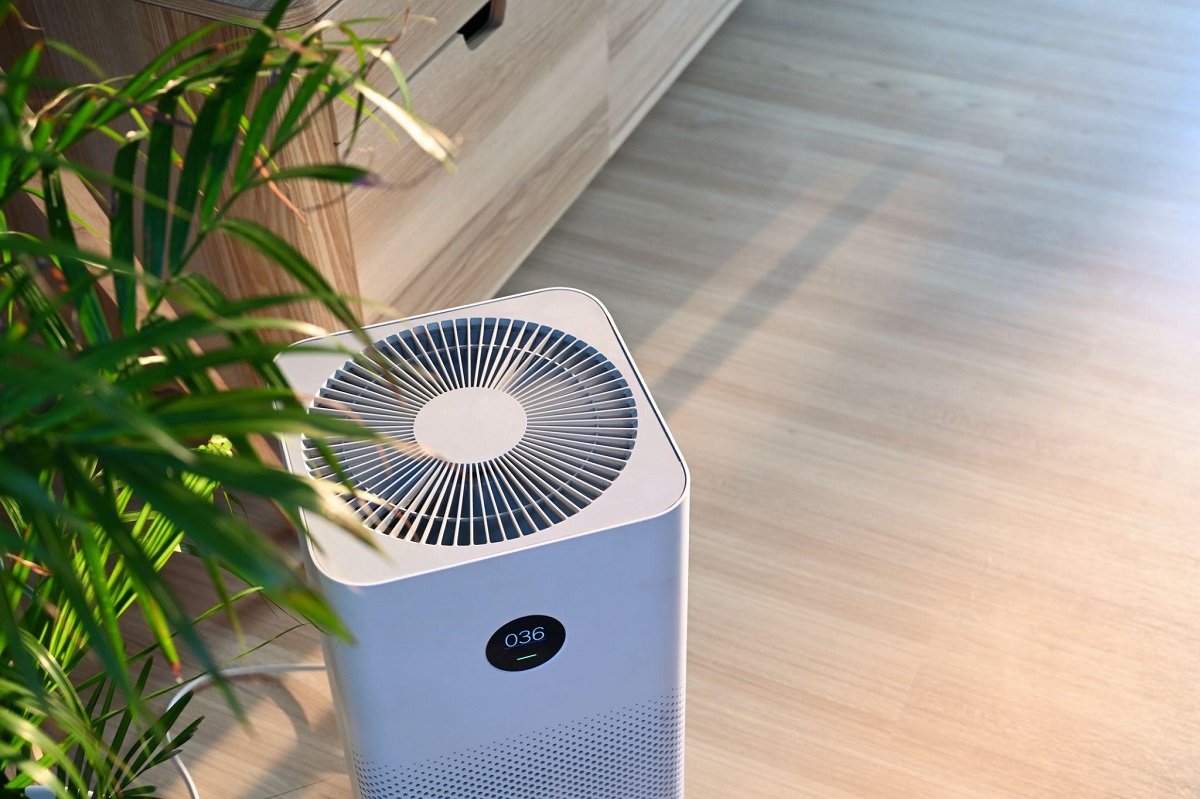
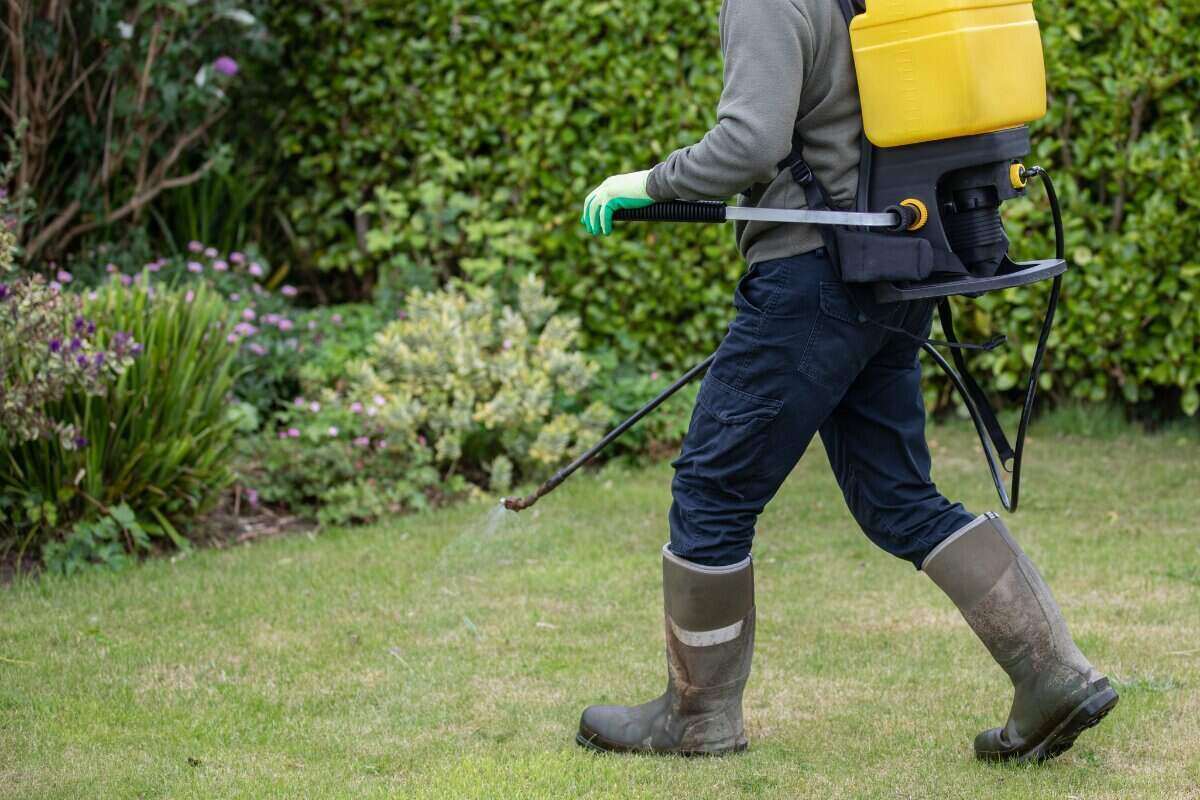
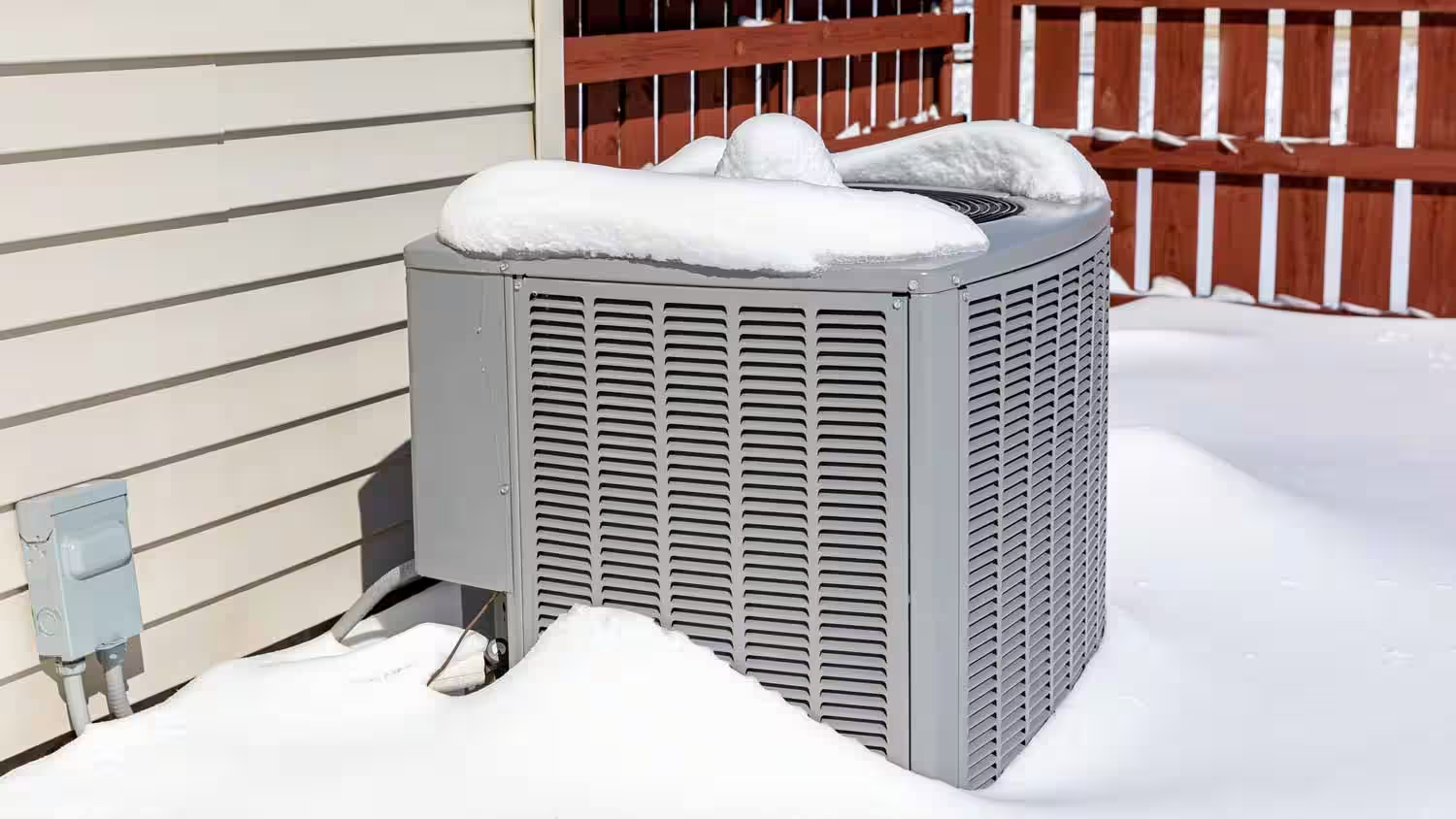
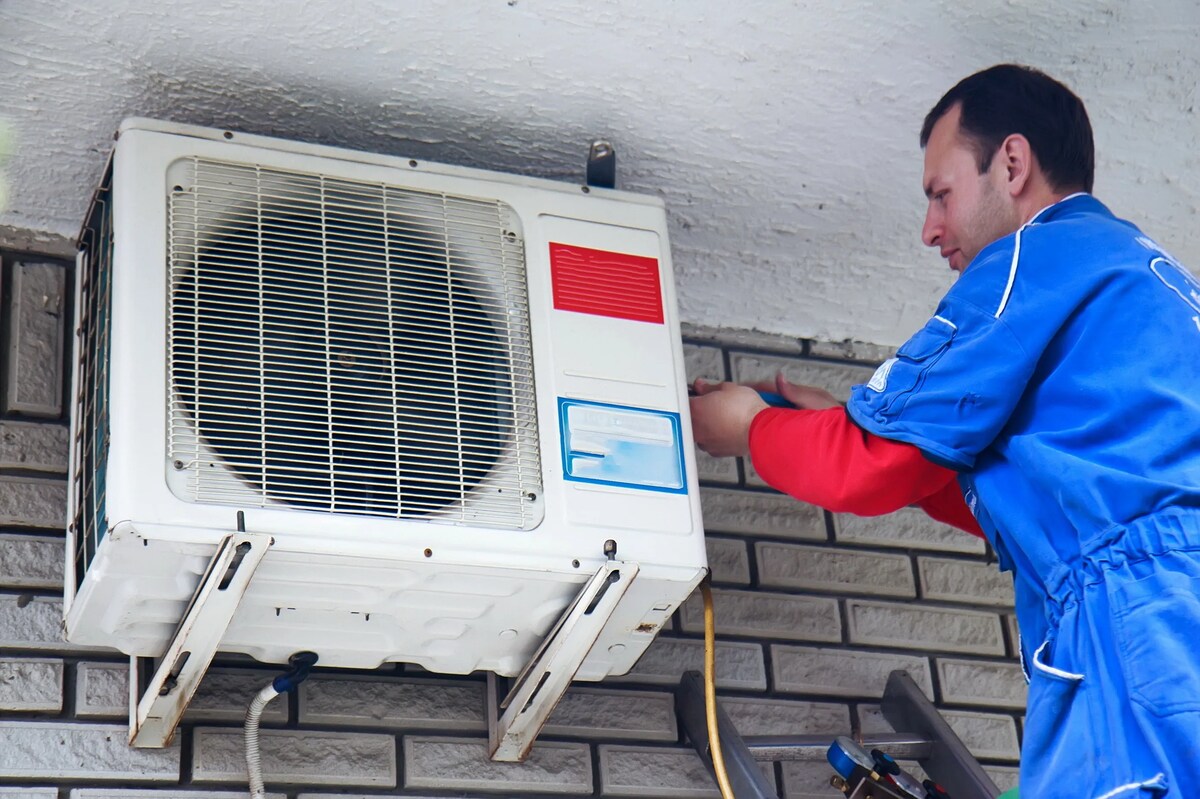
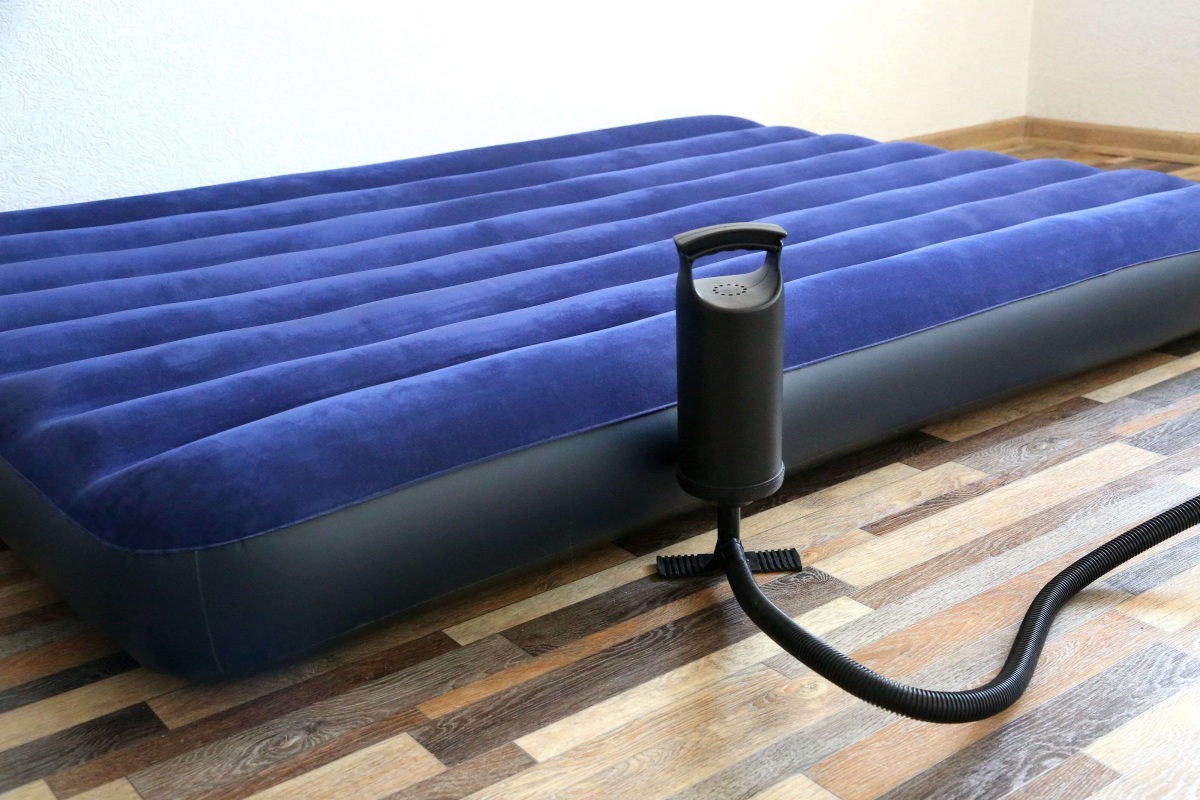
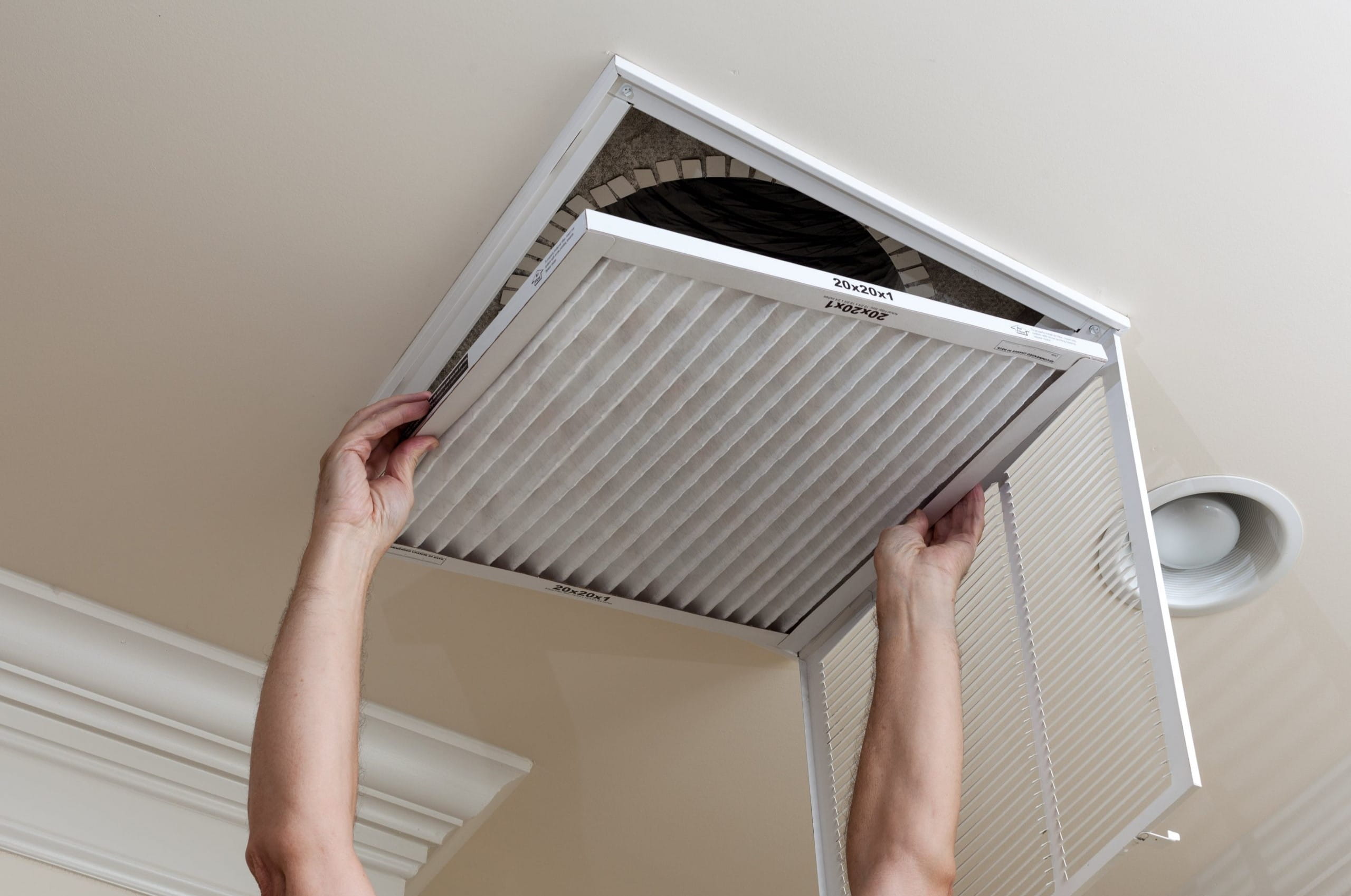
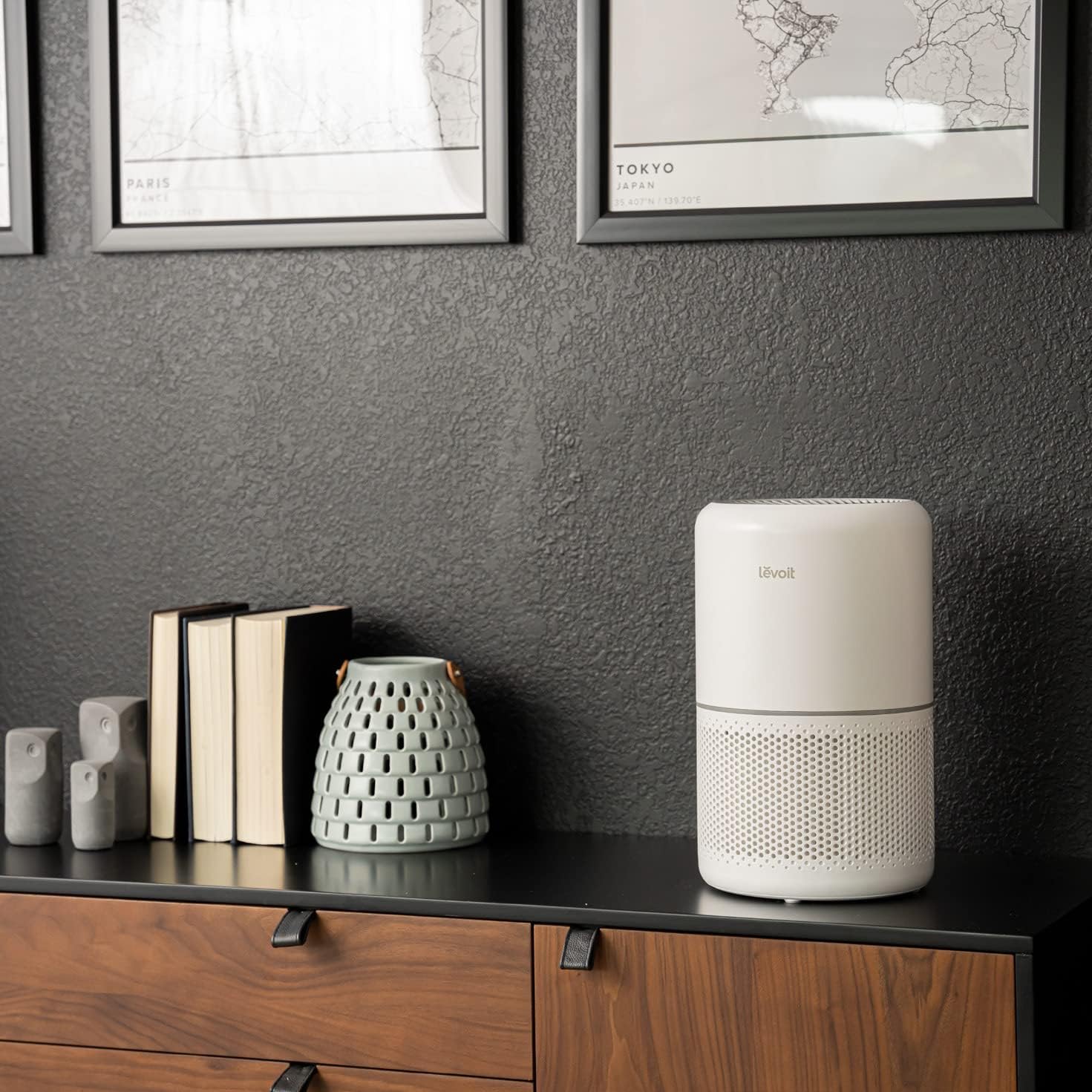
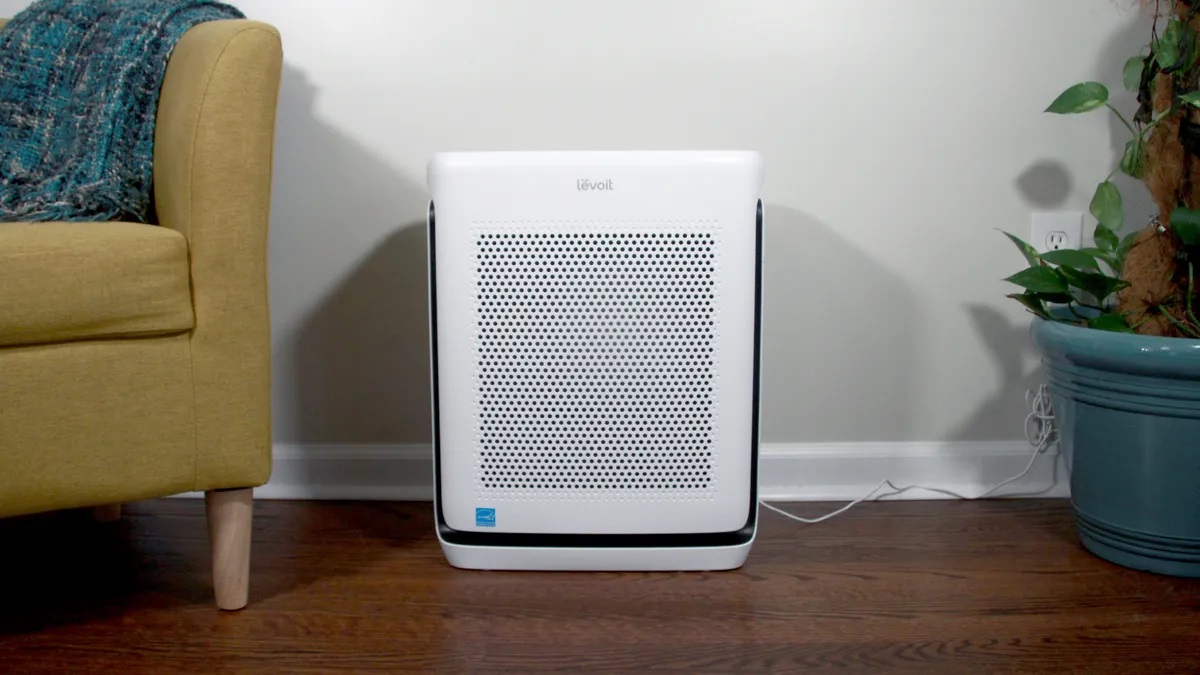
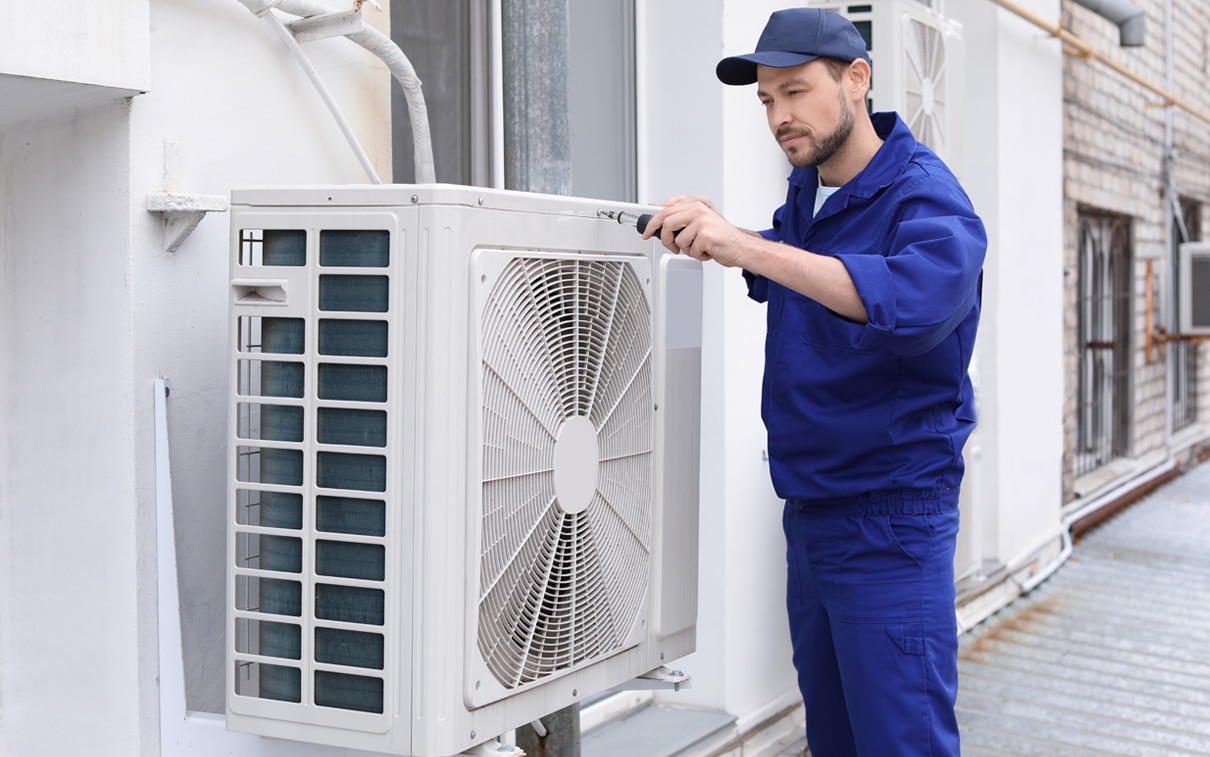
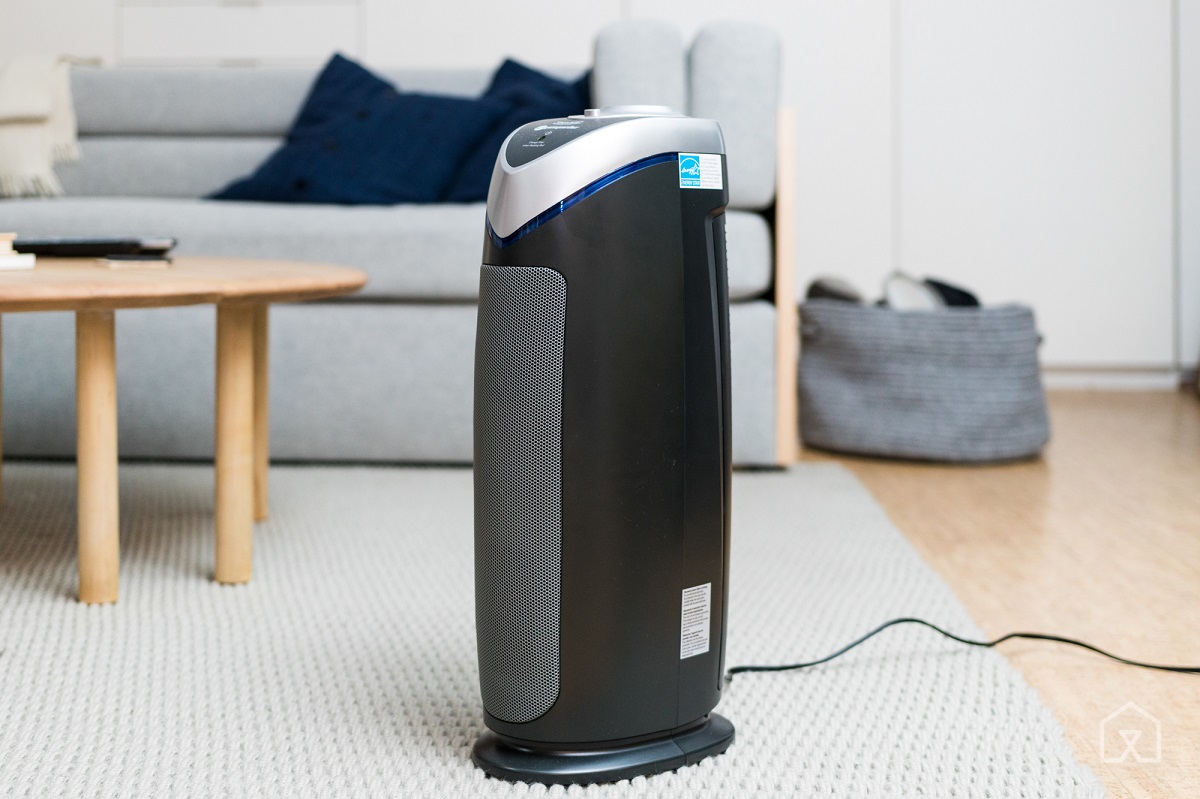
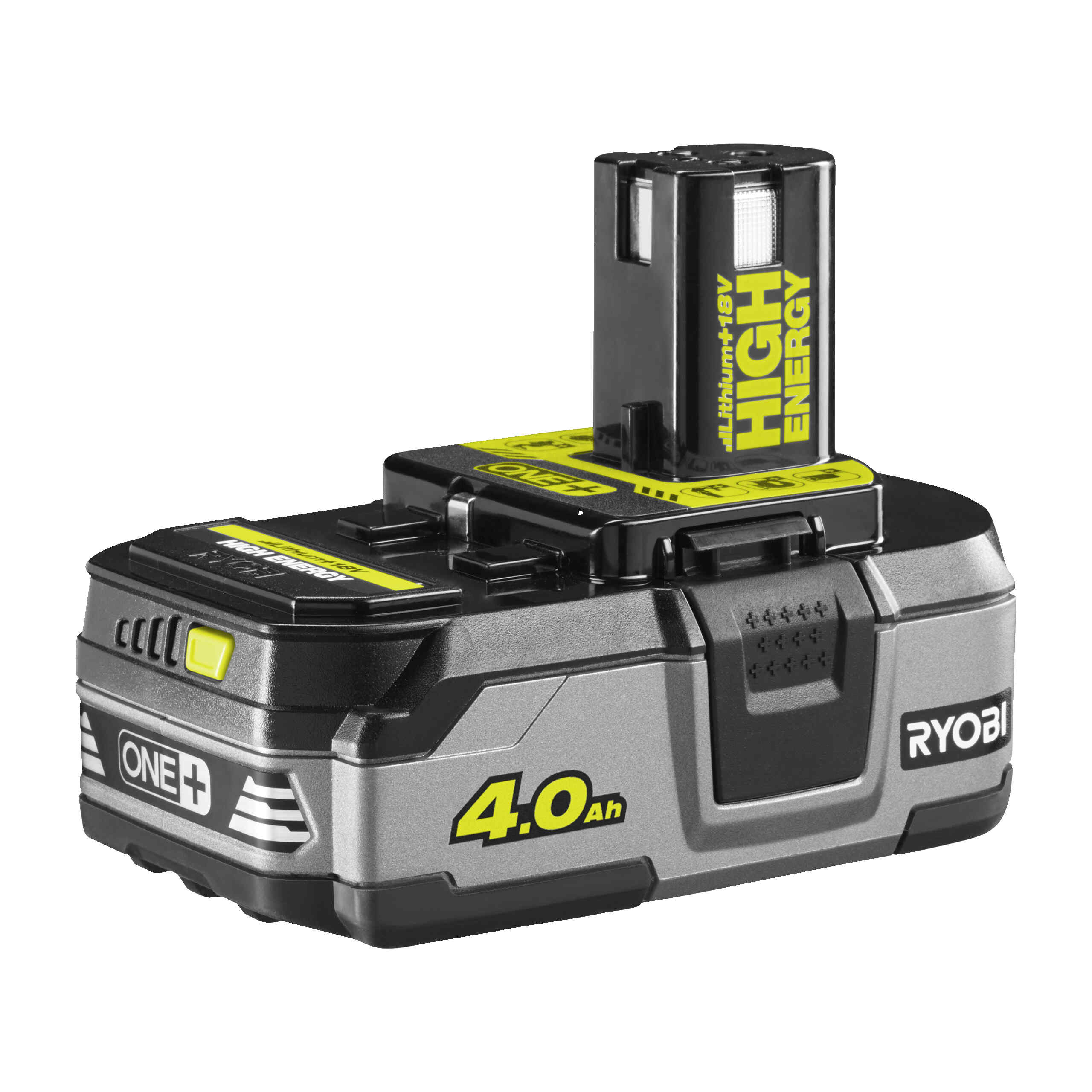
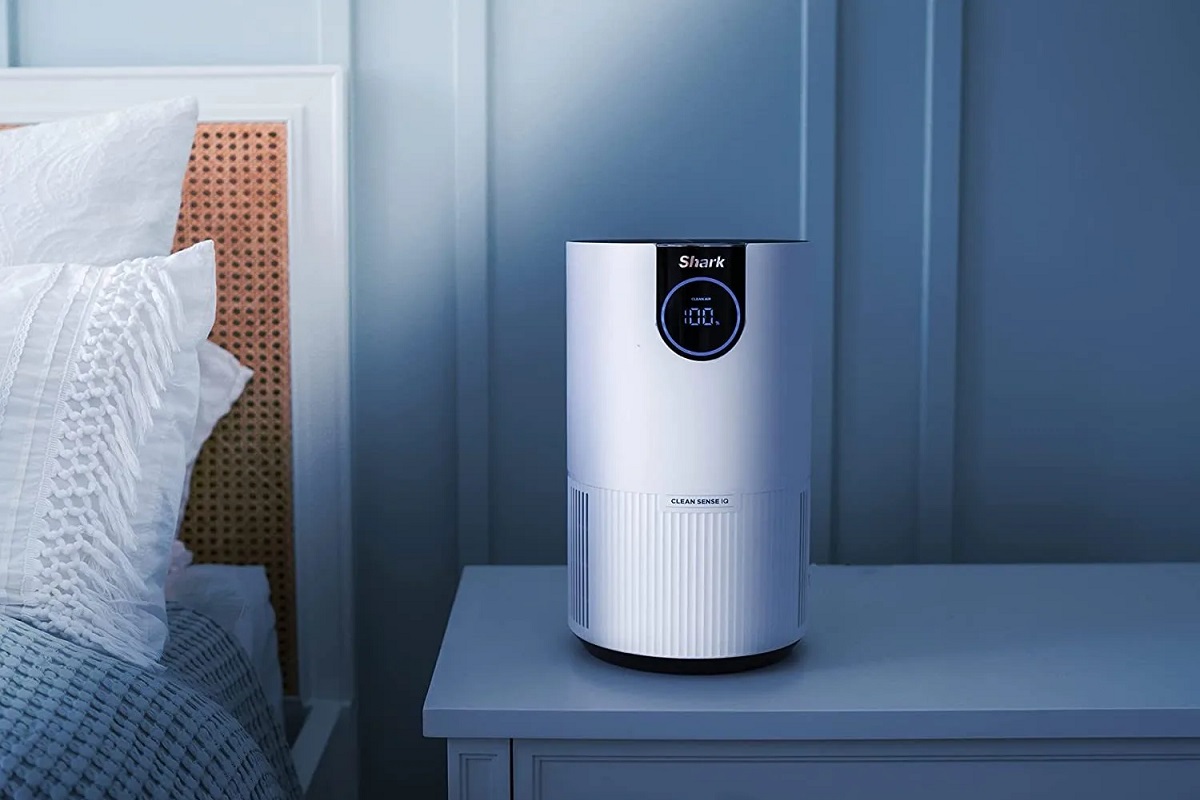

0 thoughts on “How Long Does It Take For Air Purifier To Work”